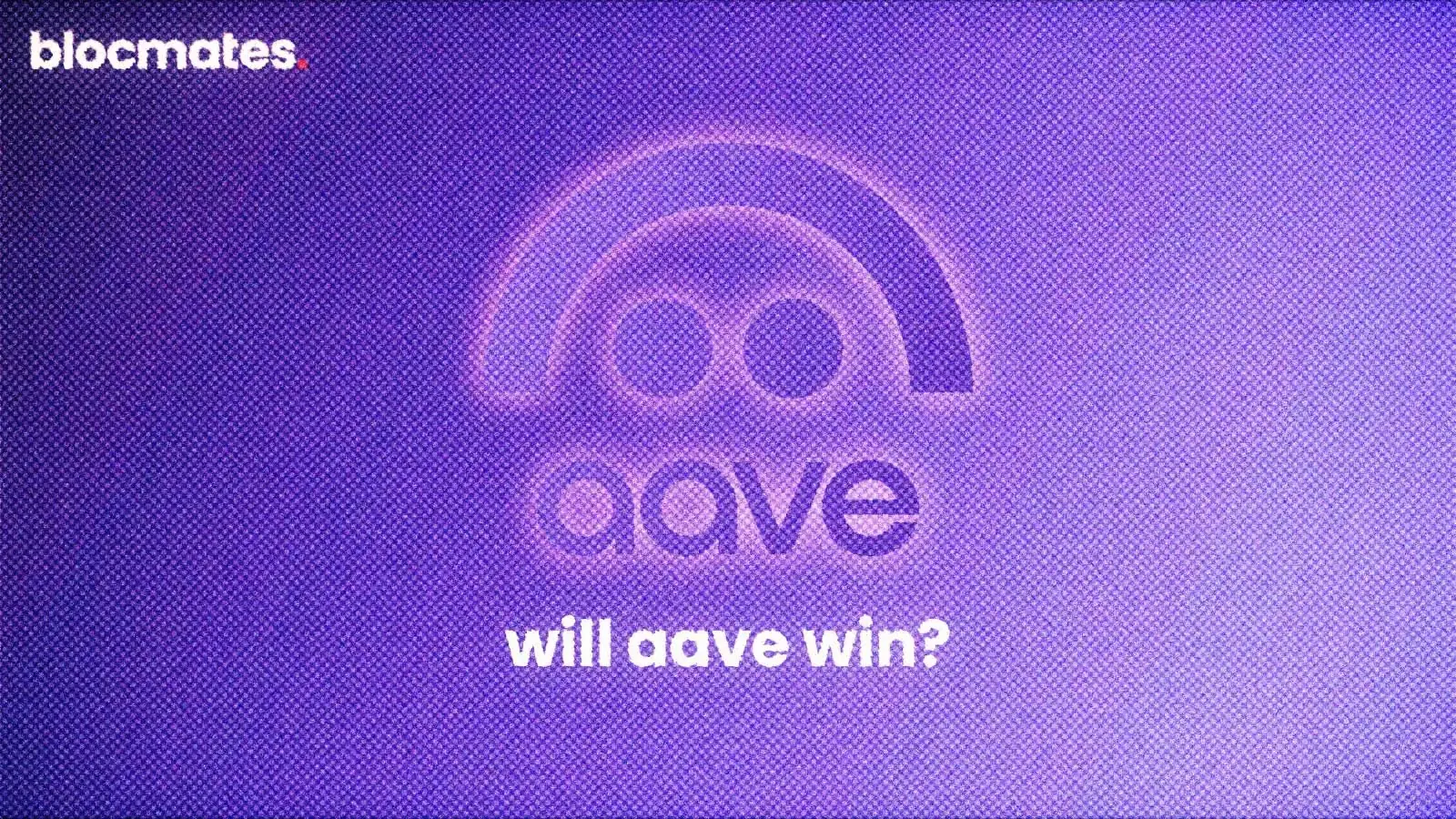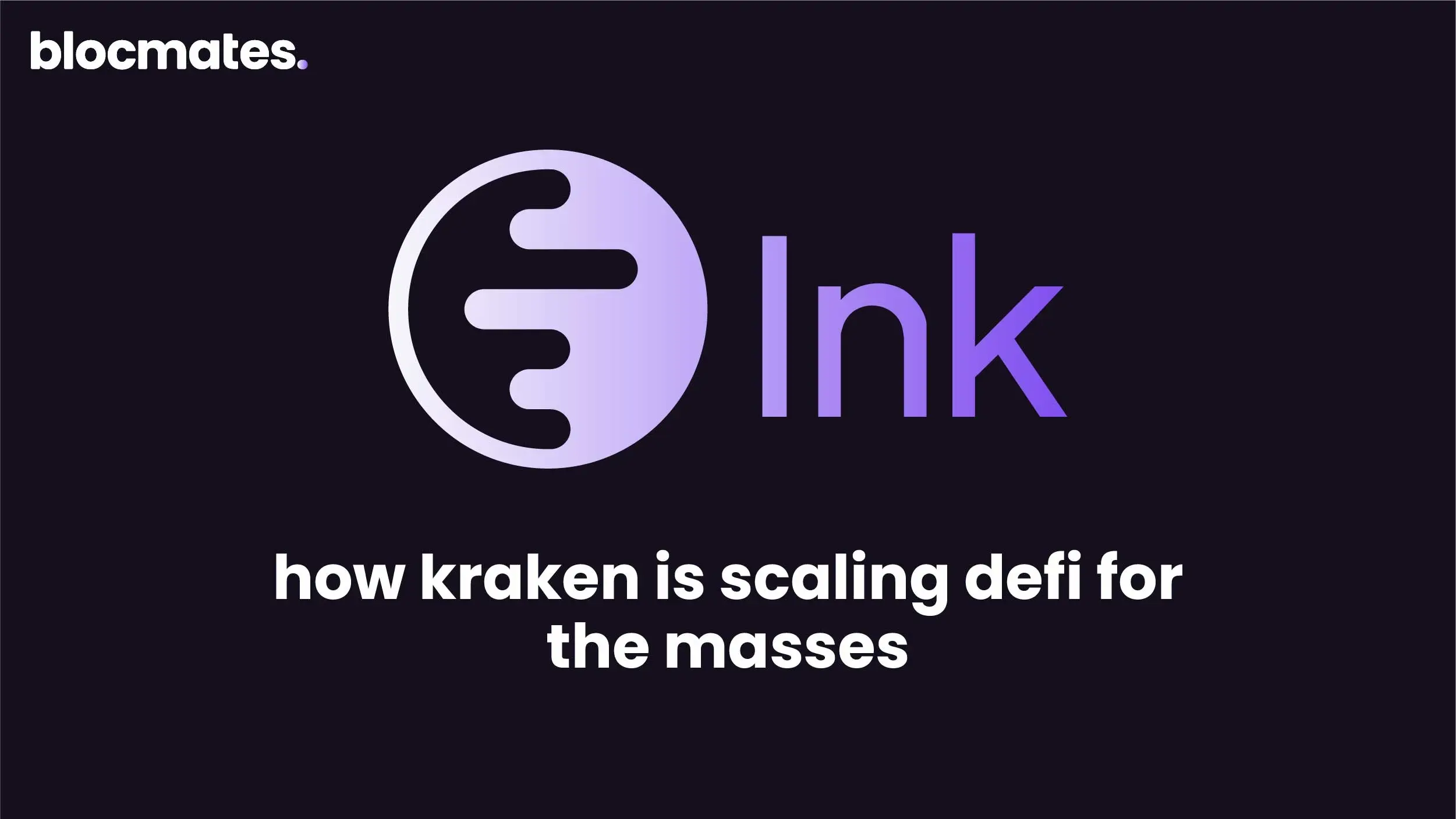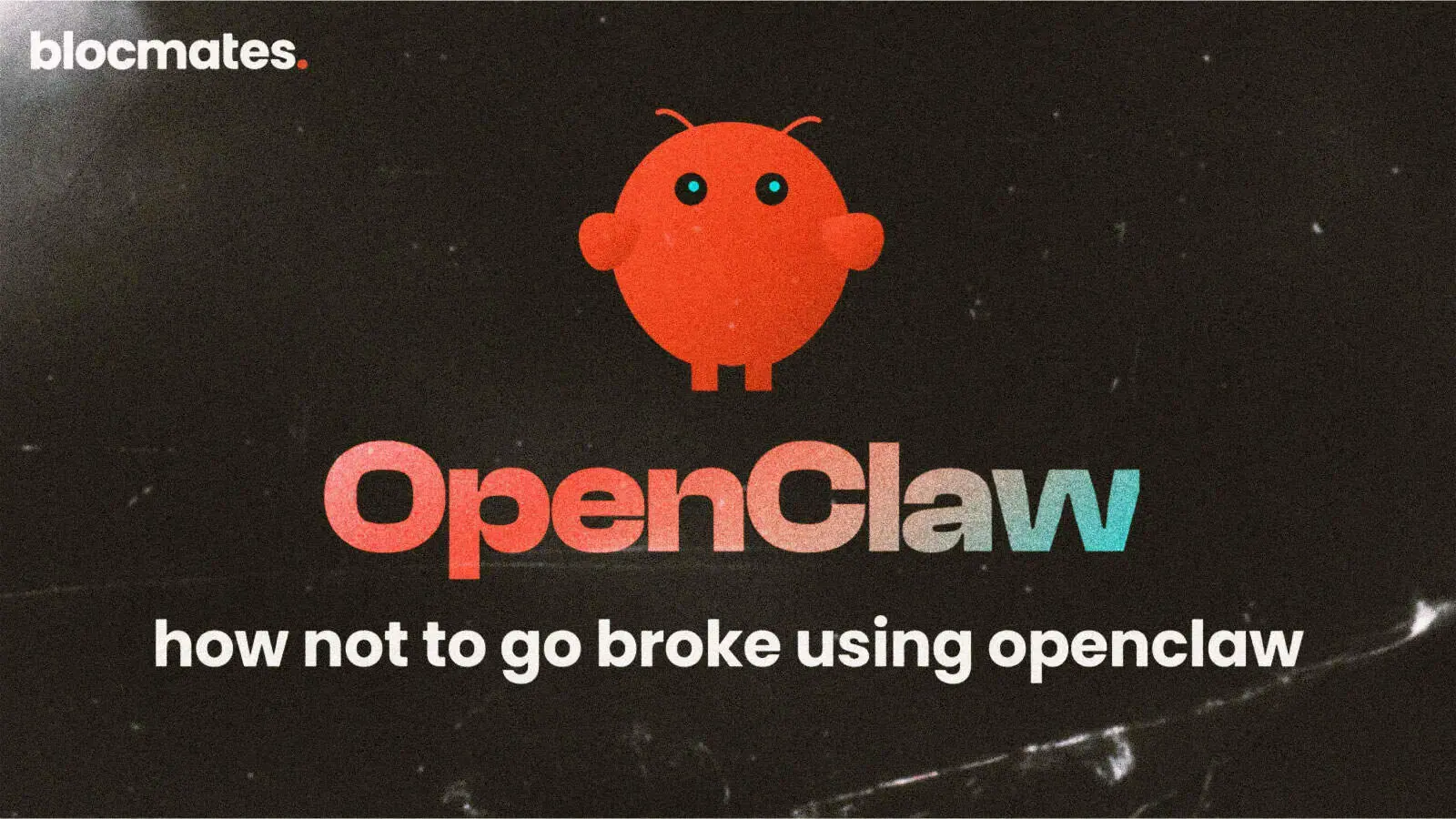In what seems to be another chapter in the evolving playbook of crypto scams, a coordinated scheme offering free Ledger Nano X hardware wallets has successfully siphoned over $58,000 from unsuspecting users on X.
The bait? A giveaway that only asked users to like, retweet, and comment, in exchange for a shiny new hardware wallet.
The catch? These devices were embedded with malicious firmware that quietly drained user funds the moment they were used.
Giveaway turns to gotcha
According to a warning posted by onchain researcher @PixOnChain, the scam was pulled off using dozens of fake X accounts promoting the Ledger Nano X giveaway.
While the devices arrived in authentic-looking packaging, what users actually received was a trap. Once initialized and connected to the blockchain, the pre-hacked firmware inside these wallets stealthily funneled assets to addresses controlled by the scammers, draining more than $500 per victim.
This isn’t the first time such tactics have made waves. In a separate case documented by Merkle Science, one user lost $214,000 earlier this year after using a compromised Ledger purchased from an unauthorized Lazada storefront.
The device passed basic checks but turned out to be malicious. SlowMist, a blockchain security firm, has also flagged the growing threat of hardware wallet fraud, warning users about third-party sellers as far back as November 2024.
Community reaction and safety tips
Many in the crypto space have chimed in on the recent scam, mostly expressing disbelief that people are still falling for free wallet giveaways. “If you want a Ledger, buy from a reliable source, or you’ll lose everything quickly,” warned X user @lostsol404.
Others echoed similar sentiments, emphasizing that even platforms like Amazon aren’t safe unless they’re officially authorized resellers.
Ledger has also issued repeated reminders that users should only purchase wallets directly from its official site or trusted partners.
With scammers getting more creative and the stakes only rising, the old saying applies: in crypto, if it’s free and too good to be true, it probably is.


































.webp)

.webp)
.webp)

%20(1).webp)



























































%202.webp)


.webp)

.webp)
.webp)
.webp)


.webp)
.webp)

.webp)
.webp)
.webp)


.webp)
.webp)










.webp)


.webp)









.webp)







.webp)




.webp)


























.webp)







.webp)















.webp)

.webp)
.webp)

.webp)














.webp)

.webp)


.webp)








.webp)




